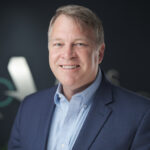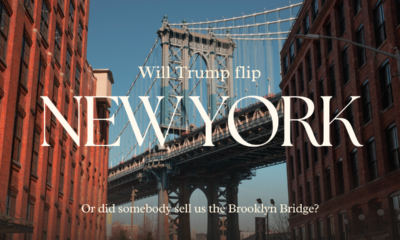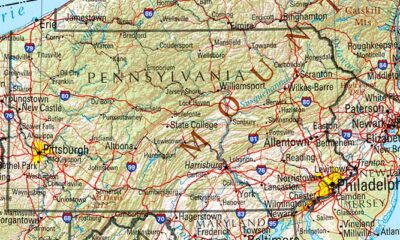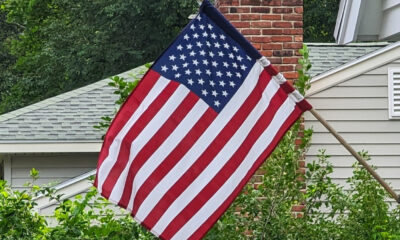Civilization
Pessimistic About Politics? There’s a Better Way To Change the World
The CEO of Atlas Network encourages people to think beyond electoral politics to create a climate that removes certain moral hazards.
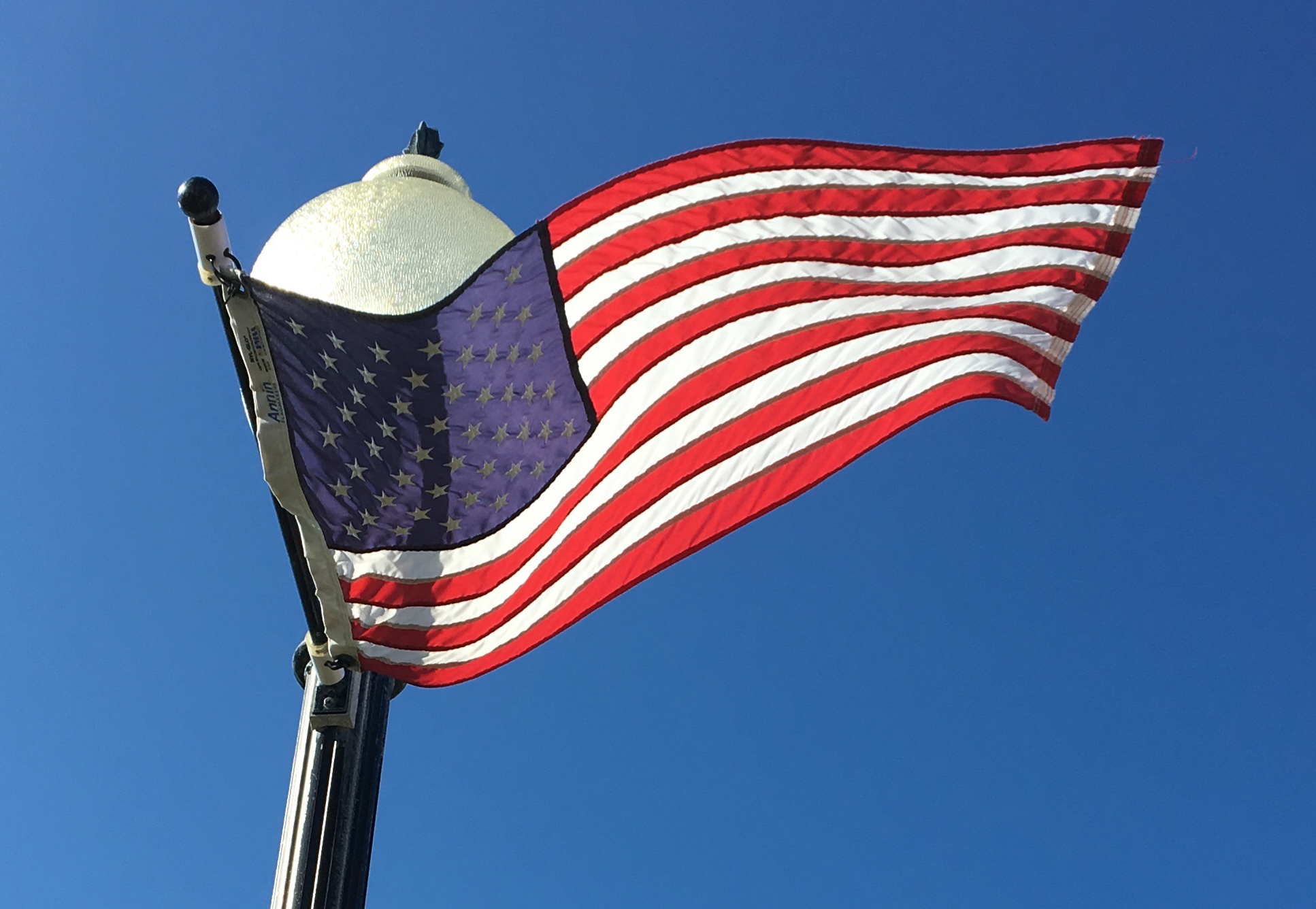
Politics is making Americans miserable. Romances are complicated by voting preferences. Political posturing has driven people away from movie theaters. Two-thirds of Americans feel exhausted by the political process.
Big-dollar donors are no exception. Some, like Republican mega-donor Peter Thiel, are feeling especially burnt out. Thiel recently revealed plans to not fund any of the 2024 candidates after reportedly breaking with Donald Trump over hot-button social issues. As the PayPal co-founder put it, he vows to remain “locked out” of the 2024 election cycle.
I get it. As a longtime resident of the Washington, D.C. area, I see how the machinery of government regularly fails the public interest. But now is still not the time to, quoting The Atlantic, “take a break from democracy.”
There are many ways to participate in the democratic process, and direct involvement in politics is perhaps the most depressing and least productive. After all, politicians survive and thrive through short-term thinking. Betting on a campaign is risky. Expecting a politician to stay true to established principles is riskier still.
Reform-minded entrepreneurs like Thiel should heed the wisdom of the late economist Milton Friedman, who said, “I do not believe that the solution to our problem is simply to elect the right people. The important thing is to establish a political climate of opinion which will make it politically profitable for the wrong people to do the right thing.”
That is precisely why there are hundreds of organizations in the United States and around the world researching and advocating for public policies that can solve social ills. These organizations are neither “Democrat” nor “Republican”; they are most effective when standing above the partisan fray and bringing evidence to leaders of all parties to make the case for common-sense policy reforms.
I call the people leading in this space “idea entrepreneurs,” and my organization, Atlas Network, is proud to support and collaborate with many of the best. Last month, we honored the Foundation for Economic Freedom (FEF) – based in the Philippines – with the prestigious Templeton Freedom Award, recognizing a seven-year effort to improve the lives of 100 million Filipinos who had been underserved by government monopolies and crony arrangements in telecom, transportation, and energy. For nearly a century, restrictive laws stifled competition and locked out foreign investment in these areas. With those laws amended, investment is pouring in, and hard-working people finally have more affordable and reliable access to electricity and broadband internet.
Did politicians in the Philippines wake up one day to rethink their approach to regulating critical sectors of the economy? No.
Local subject matter experts took the matter into their own hands, working year after year to change the climate of opinion until – after seven years – it had become “politically profitable” to do the right thing. They heeded Friedman’s advice.
Some of the world’s best “idea entrepreneurs” work here in the U.S. In Montana, the Frontier Institute’s “Big Sky, Big Opportunity” project responded to a top concern of young people (Democrats and Republicans alike): A lack of affordable housing. The problem has been especially acute in booming Bozeman, but Frontier Institute’s initiative has resulted in the loosening of restrictive zoning rules, the strengthening of landowner’s rights to build more housing on their property, and an improved permitting process to get home builders to work more quickly – a win, win, win.
Betting on principled “idea entrepreneurs” requires patience, but donors gain the satisfaction of working toward long-term goals that matter. Moreover, when human beings put an emphasis on practical ideas that increase freedom and living standards for regular people, we improve the odds that we can save our political culture from the toxic polarization that currently surrounds us.
Forget about taking a break from democracy. Donors should just take a break from mud-slinging political horse races.
Engagement with the democratic process is as important as ever. One especially rewarding, productive way to engage is by supporting freedom-oriented idea entrepreneurs.
This article was originally published by RealClearPolitics and made available via RealClearWire.
Brad Lips serves as CEO of Atlas Network, which partners with more than 500 think tanks in nearly 100 countries working to preserve individual freedom and free enterprise.
-

 Education4 days ago
Education4 days ago‘Grading for Equity’: Promoting Students by Banning Grades of Zero and Leaving No Class Cut-Ups Behind
-
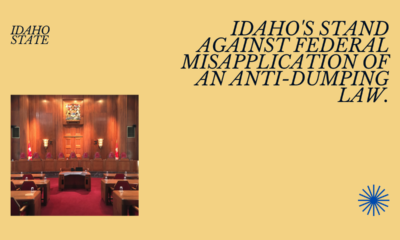
 Family3 days ago
Family3 days agoIdaho defends against abortion mandate
-
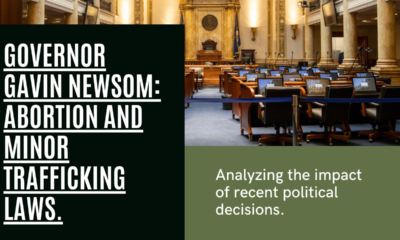
 Civilization5 days ago
Civilization5 days agoNewsom plays silly abortion politics
-
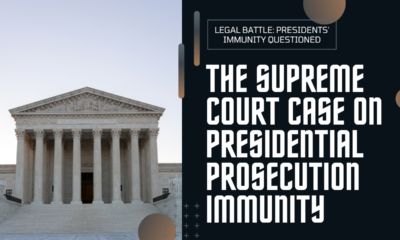
 Constitution2 days ago
Constitution2 days agoPresidential immunity question goes to SCOTUS
-
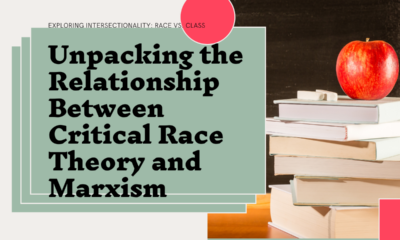
 Education1 day ago
Education1 day agoCHAPTER 11: Critical Race Theory: A Species of the Ideological Thought Genus Marxism
Space Is No Longer the Final Frontier—Reality Is [forthcoming release May 2024] -
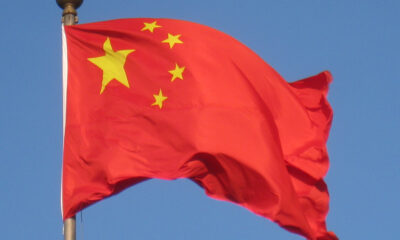
 Civilization5 days ago
Civilization5 days agoWaste of the Day: China Still Owes Over $1 Trillion to American Bondholders
-

 Civilization5 days ago
Civilization5 days agoCurrent Conflicts Demonstrate Need for More and Better Tanks In Eastern Europe
-

 Civilization3 days ago
Civilization3 days agoMarine Corps Force Design: In Defense of Chowder II


